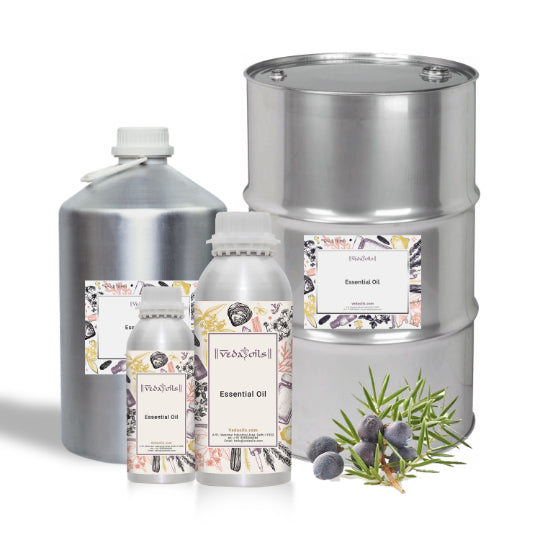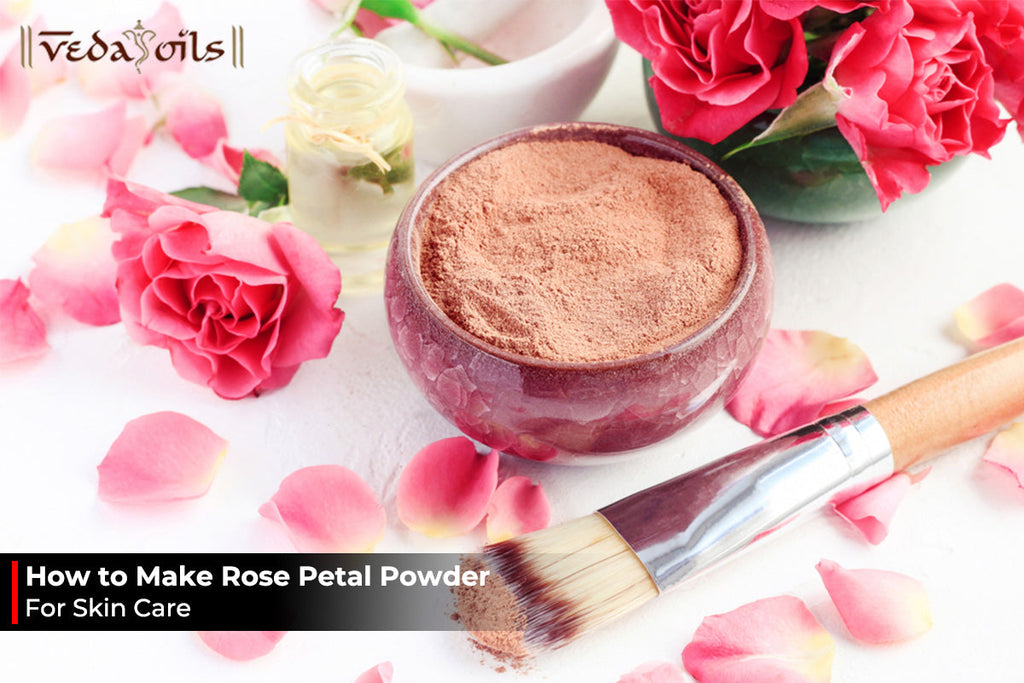Lip Scrub Without Coconut Oil Recipe - Easy DIY Recipe
Discover the secret to achieving irresistibly smooth and soft lips with our Lip Scrub Without Coconut Oil Recipe. Dry and chapped lips can be a nuisance, especially when the weather turns cold, and lip scrubs are a popular solution.

But if you're not a fan of coconut oil, we've got you covered. In this article, you'll learn how to make a simple and effective lip scrub without coconut oil, using just a few easy-to-find ingredients. Say goodbye to chapped lips and hello to a natural, nourishing alternative!
How To Make Lip Scrub Without Coconut Oil
Creating a homemade lip scrub is easy and fun, and you don't need coconut oil to achieve smooth and exfoliated lips. In this guide, we'll show you how to make a DIY lip scrub using alternative ingredients, leaving your lips soft and moisturized without coconut oil.

Ingredients
- Sugar - 3 Teaspoons
- Sweet Almond Oil - 1 Teaspoon
- Aloe Vera Gel - 1 Teaspoon
- Lavender Essential Oil - 2-3 Drops
Directions - Step By Steps
Step 1: Mix almond oil, aloe vera gel, and lavender essential oil.
Step 2: Add the sugar at the end, just enough to produce the consistency of wet sand - not too thick or too oily.
Step 3: Prepare a small jar to store the scrub in.
Step 4: To extend the shelf life of your lip scrub, thoroughly clean the container and wipe the interior and outside with alcohol.
Step 5: When the mixture is dry, transfer it to a cold, dry place.
How To Use DIY Lip Scrub Without Coconut Oil
Don't fret, as using DIY lip scrub without coconut oil is not rocket science. Here are a few steps to learn how to use this lip scrub properly.

Directions - Step By Steps
Step 1: Apply a tiny bit of the scrub on your lips to get started.
Step 2: Massage it into your skin for about 5 minutes, then rinse it.
Step 3: Apply a lip balm or oil to your lips immediately after using the scrub to seal in the moisture and prevent them from drying out.
Why I don't use coconut oil?
Coconut oil is great to be used in lip scrub but it can be replaced with olive oil, sweet almond oil, and jojoba oil. These oils do not cause acne flare-ups and are highly loaded with fatty acids, vitamins, and antibacterial properties.
Conclusion
Coconut oil is a super hydrating electrolyte-rich ingredient, but it doesn't mean you need to use it. And we hope you like the above-given recipe for lip scrub without coconut oil by replacing it with another oil. To get the best coconut oil for your formula, visit us at www.VedaOils.com.
Frequently Asked Questions
Q1: What Are The Benefits Of Using A Coconut Oil Lip Scrub?
Ans: Coconut oil is well-known for its hydrating and moisturizing characteristics, making it an ideal ingredient for lip scrubs. It aids in the removal of dead skin cells, leaving the lips supple and smooth.
Q2: Is Coconut Oil Suitable For Sensitive Skin?
Ans: Some persons with sensitive skin may experience irritation from coconut oil. If you have sensitive skin, avoid applying coconut oil on your lips or use a small amount to assess the reaction.
Q3: How Often Can You Use A Coconut Oil Lip Scrub?
Ans: It is recommended that you apply a coconut oil lip scrub once or twice a week, depending on the health of your lips. Scrubbing too hard can cause further dryness and irritation.
Q4: Can Coconut Oil Be Used As A Substitute For Other Oils In A Lip Scrub?
Ans: Yes, different oils such as olive oil, almond oil, or castor oil can be used in place of coconut oil. Each oil has unique benefits, so choose the one that is best for you.
You May Also Like:
- Prickly Pear Oil For Skin Care
- Tamanu Oil For Hair Growth
- Essential Oils For Anti-Aging
- Carrier Oils For Sensitive Skin
- Ginger Oil For Skin Care
Buy Products
-
 99% Pure Aloe Vera Gel
99% Pure Aloe Vera Gel -
 Cade Essential Oil
Cade Essential Oil -
 Camphor Essential Oil
Camphor Essential Oil -
 Cedarwood Essential Oil
Cedarwood Essential Oil -
 Chamomile Essential Oil
Chamomile Essential Oil
Related Articles
-
 How to Make Marble Candles | DIY Marble Pillar Candle
How to Make Marble Candles | DIY Marble Pillar Candle -
 DIY Tanning Oil - Best Homemade Recipes For Tan Removal
DIY Tanning Oil - Best Homemade Recipes For Tan Removal -
 Homemade Mustache Wax: Best DIY Recipe With Natural Ingredients
Homemade Mustache Wax: Best DIY Recipe With Natural Ingredients -
 Kojic Acid vs. Glycolic Acid: Which Is Better for Skin Whitening?
Kojic Acid vs. Glycolic Acid: Which Is Better for Skin Whitening? -
 5 Best Grades of Essential Oils - The Grading System
5 Best Grades of Essential Oils - The Grading System -
 How to Make Rose Petal Powder For Skin Care Homemade Recipe
How to Make Rose Petal Powder For Skin Care Homemade Recipe
Disclaimer :- This article is intended for informational and educational purposes only and should not be considered a substitute for professional medical advice. For specific health concerns or treatment, please consult your personal physician. The article's editor, writer, and VedaOils organization do not assume any responsibility for any health outcomes resulting from the information provided. Readers are strongly encouraged to seek advice from their physician before acting on any recommendations made in these articles.

















 Sign in
Sign in Register now
Register now My Reward Points
My Reward Points









